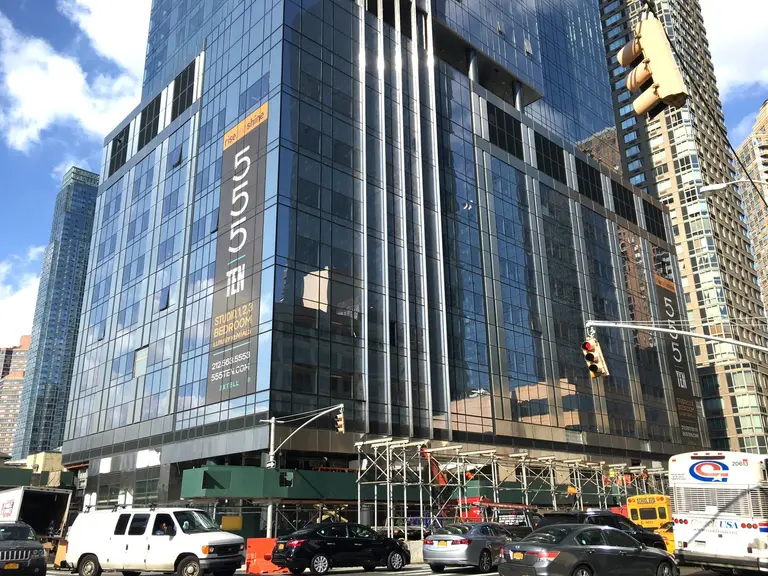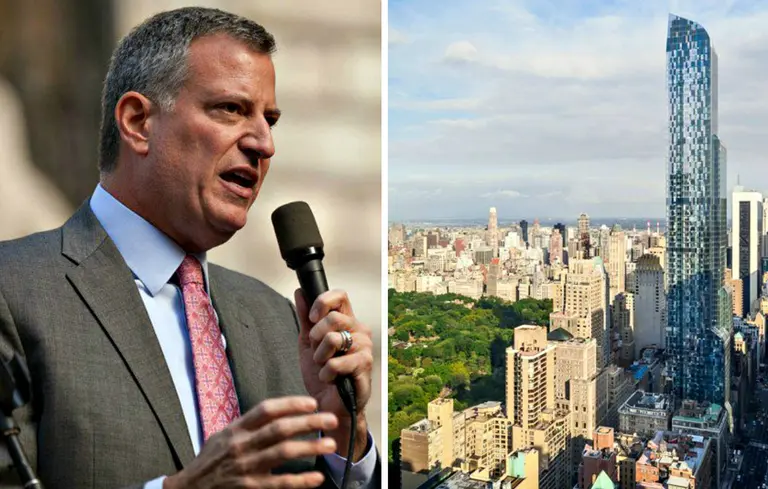
555Ten, an Extell building that would be affected by the 421-a changes
City says under-construction 421-a buildings must include housing for the homeless
Find out more

555Ten, an Extell building that would be affected by the 421-a changes

Mayor de Blasio via @KevinCase via photopin cc; One57 © Wade Zimmerman courtesy of Agence Christian de Portzamparc (ACDP)
Go inside the studios of five Brooklyn artists. [BK Mag] On the final episode last night of “The Jinx,” HBO’s Robert Durst crime documentary, the real estate scion implicated himself in the murders of three people and was arrested Saturday in New Orleans. [Forbes] Space-saving takeaways from a 48-square-foot kitchen. [Curbed] Are you chronically late? Try the Mayor […]